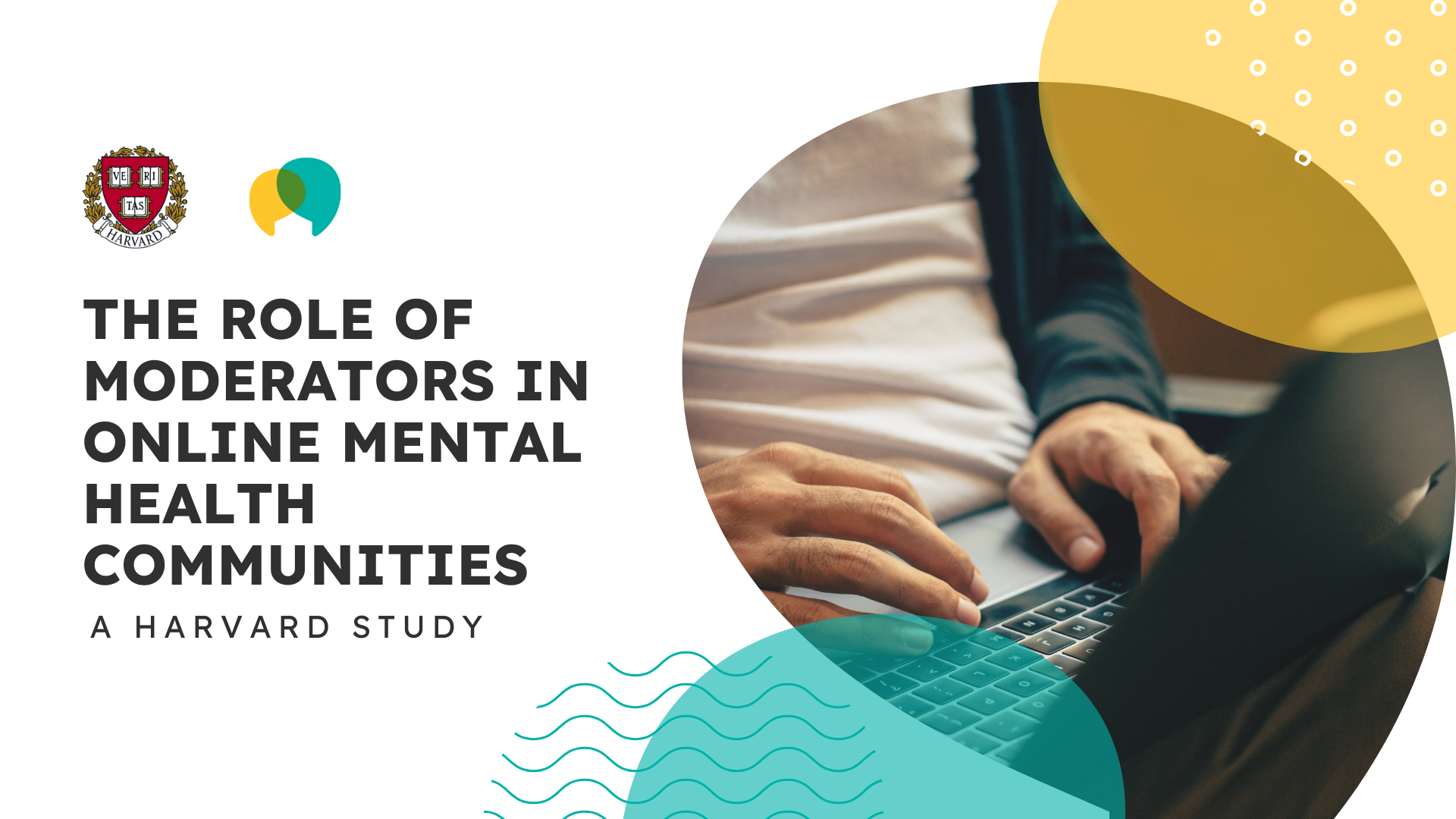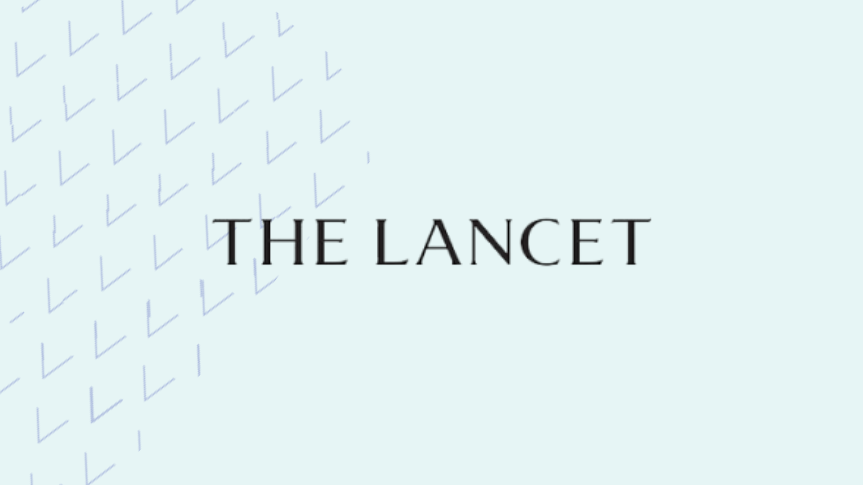Towards a better understanding of peer support platforms for digital mental health

April 27 2023
Authors:
- Meigan Thomson (University of Edinburgh),
- Gregor Henderson (Togetherall),
- John Vines (University of Edinburgh),
- Tim Rogers (Togetherall), and
- Angus MacBeth (University of Edinburgh).
About the study
The University of Edinburgh partnered with Togetherall, (a clinically moderated 24/7 peer support platform for mental health) to develop a model of how a Digital Mental Health peer-support platform works in practice. The research collected a range of stakeholder perspectives on the platform and its benefits to help inform and accelerate the development of the digital peer-support landscape for mental health. The research was funded through the University of Edinburgh ESRC accelerator programme.
“Digital platforms for Peer support in mental health have an important place in the mental health ecosystem. The increasing availability of digital platforms offers potential benefits for access to mental health and wellbeing interventions, especially when these are based on well-evidenced approaches.”
Dr. Angus MacBeth, Principal Investigator, University of Edinburgh
Digital peer support is now a common element of digital mental health products and services, involving people sharing knowledge, experiences, advice, support and practical help with one another. This online support provides benefits that add to ‘traditional’ face-to-face/ therapeutic approaches through asynchronous support, anonymity and 24/7 access. Platforms that are clinically moderated 24/7 provide even greater benefits.
The University of Edinburgh research found that the Togetherall platform has value as part of a wider ecosystem of care and support, where it is embedded alongside or in addition to in-person mental health services. This helps to address demand by providing additional support, particularly useful for those on waiting lists or in between appointments. The platform was found to empower people to access resources and manage their mental health independently from more formal services.
Safety, choice and helpful support interventions
The research found that the qualities that most appealed to commissioners of the service included an enhanced sense of belonging for people engaging with the platform, the exchange of shared experiences, and the effect of normalising concerns. Togetherall’s clinically-led moderation, designed to enhance the safety and vibrancy of the community and identify those most at risk, was also seen as a benefit. Commissioners liked the sense of choice and accessibility the platform provided, to choose when, where, and how much to engage with the platform.
There was a consensus from commissioners that the outcomes and goals of the platform were well-tailored to the individual members using the platform.
Helpful outcomes included receiving immediate support, being exposed to different experiences, helping members to build resilience and confidence, and improving mental health literacy. The research also found a variety of further benefits of peer support online including developing a sense of belonging, feeling support is always available, normalisation and validation of experiences, and learning how to cope with experiences based on other members’ experiences.
“Stakeholders reported many positives related to peer support. Interactions with other members were thought to develop a sense of belonging and offer people validation of their own experiences and emotions, and the ability to exchange knowledge of available support, as well as increasing their own confidence and resilience through developing skills to support their peers.”
Meigan Thomson, Lead Researcher, University of Edinburgh
Keeping users safe
The platform aims to provide a safe and supportive online environment for all members, balancing a vibrant community with clear processes in place to manage people in crisis or at risk using escalation policies and procedures.
“Togetherall’s risk management procedures developed a responsive and safe community for all members through post monitoring, staff interaction with members, and the ongoing collection of evaluation data, and keeping resources up-to-date. Potentially triggering material is removed for the wellbeing of the wider community, and staff contact members who post such material to offer additional support. Such processes forge a safe online environment where members can express themselves safely.”
Meigan Thomson, Lead Researcher, University of Edinburgh
A considerable focus of Togetherall’s clinical team’s role is to enhance a positive sense of community amongst users of the platform, suggesting a unique place for DMH peer-support within the mental health ecosystem.
Mental health support at the right level and right time
Looking at impact, the study identified that the platform was felt to be helpful in preventing mental health declining when someone is waiting for support (for example after hours, or at weekends, during holidays or while being on a waiting list). Stakeholders involved with the research emphasised that offering reassurance with 24/7 support and resources was critical for members and for commissioners.
The research indicates that the service fitted into the notion of providing mental health support for individuals requiring differing levels of support. It can be delivered with complementary services or as an independent mechanism of support.
Not without challenges
Research participants shared views that validate findings from other similar studies into digital mental health solutions that promotion and awareness raising and streamlining access remain challenges in the provision of digital modes of support. It highlights that place-level promotion and integration is key for such solutions to realise their full benefits.
The study also identified a need to better understand the role of lived experience for users of working with DMH peer-support and there are broader questions about how such digital mental health technologies fit within regulatory frameworks.
Population level digital solutions can bridge resource and access gaps
This study helps inform the view that digital mental health that incorporates peer support has the potential to bridge gaps in the availability and resources for mental health support. Although more evidence is needed for the specific contribution peer support has on DMH platforms, the combination of benefits identified through research into Togetherall demonstrates promising results for improving mood and relieving anxiety symptoms.
“Research is vital to the next steps i developing this aspect of digital mental health provision. We know this is acceptable to users and commissioners, but we need to know more on how effective these platforms are, how people do and don’t engage with them, and the impact they have for both individuals and society”
Dr Angus MacBeth, Principal Investigator, University of Edinburgh
With the growing prevalence of mental health problems and increasing pressure on NHS mental health services across the UK, and concerns about increasing inequalities of access to care, there is an urgent need to increase scalable access to effective mental health support at population level. Digital mental health solutions can play an important role as part of the ecosystem of population care and support alongside traditional services and supports. Improving access to evidence-based and impactful digital solutions is needed.
The study, Towards a better understanding of peer-support platforms for digital mental health (2023). Thomson, M., Henderson, G., Vines, J, Rogers., T and MacBeth, A. can be accessed by the button below.
Find out more
Togetherall is an evidence-driven, social impact business. With our research programme, we aim to contribute to the field of digital mental health and help ensure we’re delivering the best possible service to people who use our platform.
If you’d like to find out more how we could support your cohort, book a demo today and get an overview of our platform.







